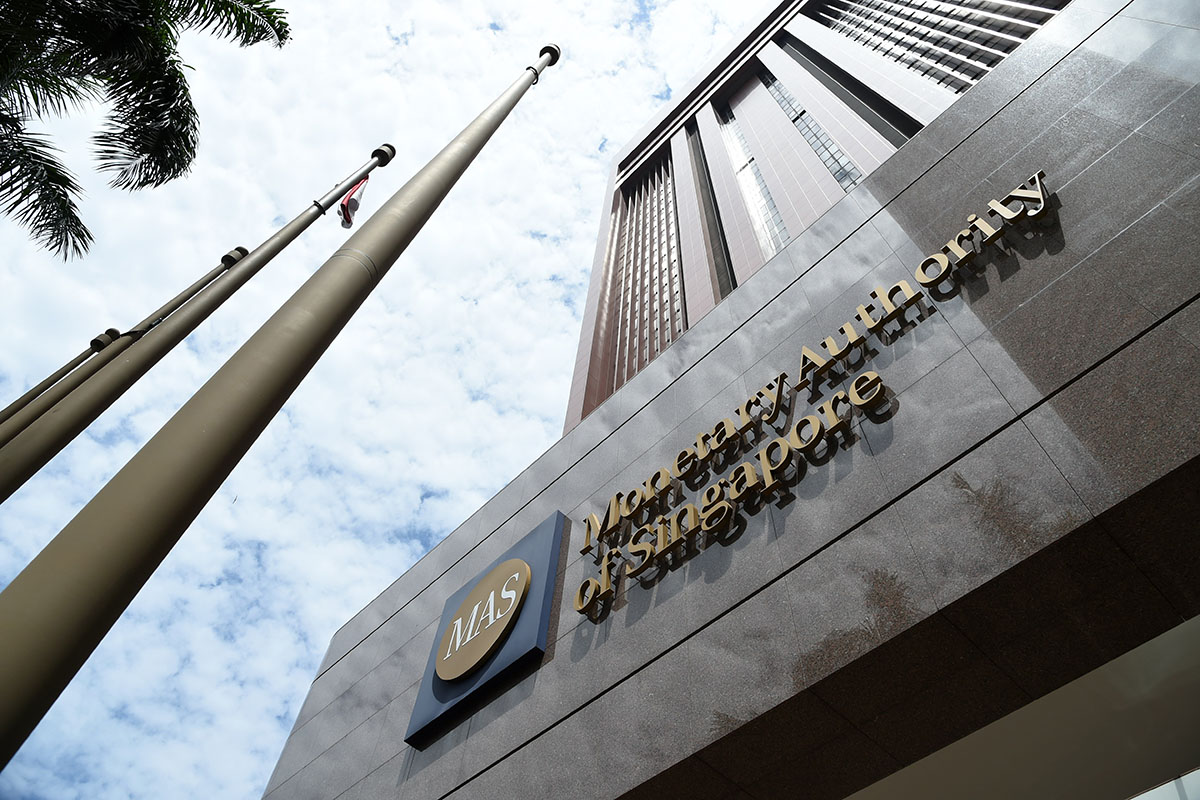Singapore’s central bank chief said while inflation is still well below the historical average, policy makers need to be proactive if a stronger economy results in a pickup in price pressures.
Inflation will climb at some point if economic growth continues to strengthen, and under those circumstances, the central bank – like others around the world – needs to be forward-looking, Ravi Menon, managing director of the Monetary Authority of Singapore, said in an interview at the bank’s headquarters in the city on Tuesday.
“Our track record shows that we are keenly focused on inflation, keeping inflation under control,” he said. “And as long as inflation remains benign, the current policy stance has been appropriate.”
“Being proactive has been our track record for the last 40 years, it is not going to be different this time around,” he said.
After easing three times between January 2015 and April last year, the MAS – which uses the exchange rate as its main policy tool rather than interest rates – has stuck to a neutral currency stance in the face of subdued inflation pressure.
In the statement accompanying its last policy decision on October 13, the central bank didn’t explicitly reiterate that the stance remains appropriate for an extended period, increasing speculation it would tighten next year by seeking a slight appreciation in the exchange rate.
“The policy stance had been appropriate for an extended period because of the prolonged period of very weak inflation we have seen,” Menon said. “We are now seeing inflation picking up, but still quite below the normal historical average of about just under two percent. It will be hard to extrapolate from here how long more that extended period will be.”
Zero Appreciation
The central bank currently has a neutral stance of zero appreciation in the currency. It guides the local dollar against a basket of its counterparts and adjusts the pace of its appreciation or depreciation by changing the slope, width and centre of a currency band. It doesn’t disclose details on the basket, or the band or the pace of appreciation or depreciation.
Menon, 53, has been head of the central bank since 2011, when core inflation averaged 2.2 percent. The MAS said earlier this month the measure will average one percent to two percent in 2018 and over the medium term, it’s expected to “trend towards but average slightly below two percent.”
The central bank chief said inflation in most countries has been surprisingly low, despite the pickup in growth and a key question many central banks are asking themselves is when to begin adjusting policy. Central banks aren’t seeing strong evidence of the usual transmission from faster economic growth to rising wages and then, to inflation, he said.
Export Recovery
“That relationship seems to have weakened,” he said. “Has it gone away entirely? I don’t think so. Maybe it’s delayed, maybe it’s weaker, maybe it’s going to take longer. So we just have to look at the data and see how the inflation picture evolves and act accordingly.”
Renewed momentum in global trade, including a surge in electronics, has helped trade-reliant Singapore regain its footing. Prime Minister Lee Hsien Loong said this week that growth this year will probably be closer to three percent.
While an export recovery is benefiting industries such as manufacturing and financial services, there isn’t much spillover to construction and retail, which remain weak, Menon said.
“We are seeing already a broadening of the recovery in the economy, which is why I think we are expecting to hit closer to the upper end of the growth forecast range.” – Bloomberg
Recommended stories:
